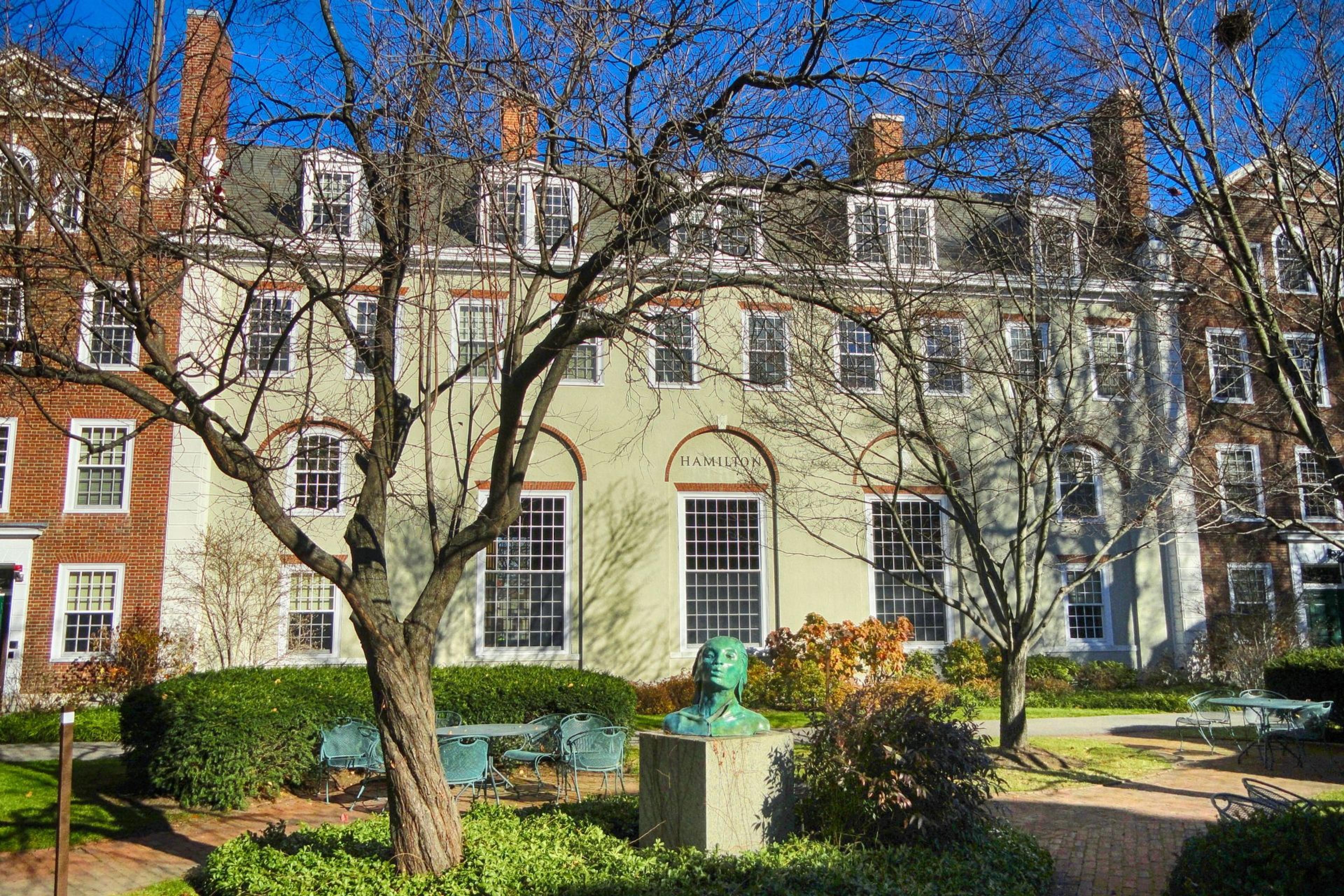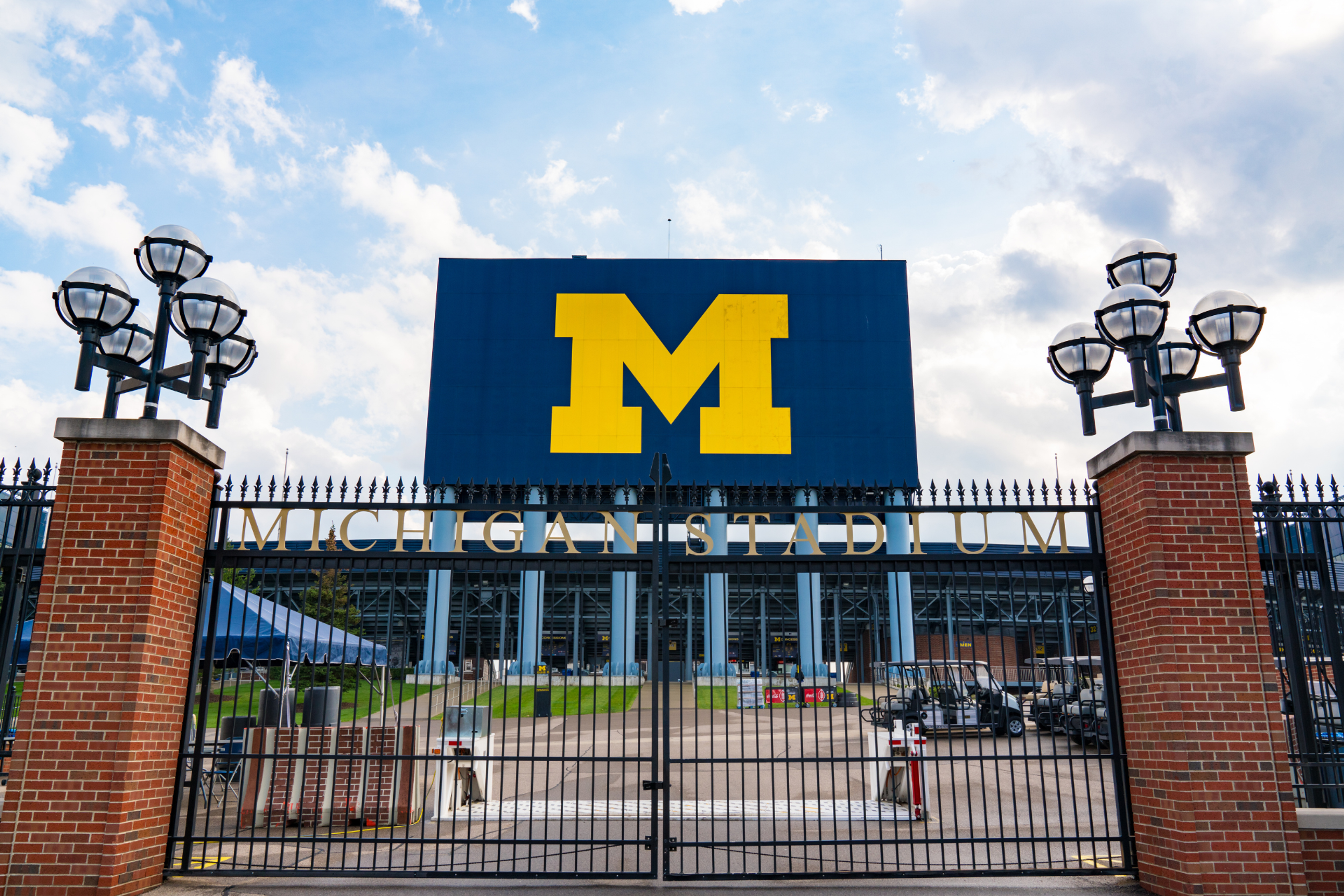
Table of Contents
Choosing the right pre-college program can be a game-changer for high school students looking to experience college life, earn college credit, and explore potential career paths. One standout option is the Emory Pre-College Program, a well-regarded summer academic program that offers a unique, immersive college experience on Emory's campus.
In this guide, we’ll break down the program details you need to know, including the application process, academic and residential life, and whether the program is worth the investment.
Emory Pre-College Program Overview
The Emory Pre-College Program is a two-week summer academic program designed for high school juniors and seniors. Students get a taste of college life through non-credit courses and college-level classes, engaging with Emory professors and peers from around the world. The program fosters personal and academic growth while offering a preview of the college application process.
Program Information:
- Two-week noncredit courses or six-week credit courses
- In-person and online courses available
- 100+ courses from various disciplines
- Residential life experience in Emory's campus housing or commuter option
- Daily activities to explore the Atlanta area and develop college readiness
Who Can Apply:
- High school students aged 15+ by session start date
- Current 10th or 11th graders
- International students (with additional requirements)
Key Qualifications:
- Minimum GPA of 3.0
- Motivated to engage in college-level work during the summer
- International applicants need English proficiency (TOEFL score of 100+, IELTS 7.0+)
- Permanent residents must submit relevant documentation
Emory Pre-College Program Acceptance Rate
It's important to distinguish between Emory University’s undergraduate acceptance rate and the acceptance rate for its Pre-College Program. Emory University itself is highly selective, with recent undergraduate acceptance rates around 11% for the 2024-2025 admissions cycle. In contrast, the Emory Pre-College Program has a separate and typically more accessible admissions process designed specifically for high school students.
The Emory Pre-College Program does not officially publish its acceptance rates, but based on program capacity and previous enrollments, it typically welcomes about 300 students each summer. While this indicates the program is relatively inclusive and accessible compared to undergraduate admissions, applicants should still approach the application seriously.
To maximize your chances of acceptance, aim to clearly demonstrate your motivation, academic capability, and enthusiasm for participating in a rigorous college-level experience. A minimum GPA of 3.0 is required, but the program also considers additional factors such as:
- Strength of your academic record (including rigor of coursework).
- Thoughtful teacher or counselor recommendations.
- Test scores (PSAT, SAT, ACT), which, though not the sole factor, may strengthen your application.
- English proficiency scores for international students (TOEFL 100+ or IELTS 7.0+).
- Your personal statement or any supplemental writing samples (especially for international applicants).
Application Process & Checklist
To apply for the Emory Pre-College Program, complete the following steps:
- Pay the $70 non-refundable application fee.
- Submit the online application, including educational information, parent/guardian details, and course preferences.
- Provide an official high school transcript and test scores (PSAT, SAT, ACT).
- Attach a teacher or counselor recommendation.
- International applicants must include an English writing sample and English language test score.
Explore: Top 25 Free Resources for Your College Application
Program Dates and Application Deadlines
| Session | Dates | Application Deadline | International Application Deadline |
|---|---|---|---|
| A | June 15 - June 28 | May 9 | April 18 |
| B | June 29 - July 12 | May 23 | May 2 |
| C | July 13 - July 26 | June 6 | May 16 |
For the Summer College Program:
| Session | Dates | Application Deadline | International Application Deadline |
|---|---|---|---|
| 1 | May 16 - June 27 | April 25 | April 25 |
| 2 | June 30 - August 8 | June 6 | June 6 |
Housing and Campus Experience
Living on Emory's campus is a core part of the Pre-College Program experience. Students stay in Turman Hall or Hamilton Holmes Hall, sharing rooms with fellow participants. The residential life setup encourages building friendships and gaining independence.
Housing Highlights:
- Air-conditioned rooms with communal areas
- Supervision by Resident Advisors (current Emory undergraduates)
- Meal plans included
- Access to recreational and academic facilities
For local students, a commuter option is available, allowing them to participate fully while staying off-campus.
Daily Schedule
| Time | Activity | Details |
|---|---|---|
| 7:00 am – 9:00 am | Breakfast | - Residential Students: Enjoy breakfast in the campus dining halls, with meal plans included in the program cost. - Commuter Students: Dining options are available on campus; meals can be purchased separately. |
| 9:00 am – 11:30 am | Class | - All students attend their selected noncredit courses, which start promptly at 9:00 am. - Classes may include co-curricular trips and laboratory experiments, depending on the course. - Commuter Students: Should proceed directly to their classrooms. |
| 11:30 am – 1:00 pm | Lunch | - Residential Students: Lunch provided in the dining halls, included in the meal plan. - Commuter Students: Various on-campus dining options are available for purchase. |
| 1:00 pm – 2:30 pm | Emory Exploration | - Enrichment sessions designed to assist high school students in preparing for the college admission process and beyond. - Opportunities to engage with Emory students (both undergraduate and graduate), faculty, staff, and administrators. - Sessions focus on understanding and prioritizing what to look for in a college experience. |
| 2:30 pm | Commuter Students Departure (Optional) | - While programming after this time is highly encouraged and included in the program cost, commuter students are not required to stay. - Those who choose to remain can participate in afternoon activities. |
| 2:30 pm – 5:30 pm | Free/Study Time | - Students have the option to study, complete assignments, or participate in optional activities. - Atlanta Area/Eagle Excursions: Organized trips to explore local attractions and cultural sites, offering a broader understanding of the Atlanta area and opportunities to experience campus life. |
| 5:30 pm – 7:00 pm | Dinner | - Residential Students: Dinner served in the dining halls, included in the meal plan. - Commuter Students: On-campus dining options available for meal purchases. |
| 8:00 pm – 11:00 pm | Free/Study Time | - Time allocated for students to study, relax, or engage in social activities. - Evening events may include workshops, group activities, or leisure time to foster connections among pre-college students and provide a holistic college life experience. |
| Weekday Curfew: | 11:00 pm | - Residential Students: Required to check in to their residence halls by this time. |
| Weekend Curfew: | 12:00 am (Midnight) | - Residential Students: Extended curfew to allow for weekend activities. |
Weekends offer opportunities to explore Atlanta, with optional activities to enhance the summer experience.
Course Options
The Emory Pre-College Program offers an impressive range of summer courses in both credit and noncredit formats. These courses are designed to prepare students for the college application process by providing exposure to college-level classes taught by Emory professors. Below are some of the popular course options:
Abnormal Psychology
In this course, students delve into the complexities of psychological disorders, exploring their symptoms, causes, and treatments. This foundational knowledge helps students understand various mental health challenges and prepares them for future studies in psychology or the medical field.
Thinking Like a Lawyer
This course introduces students to the principles of legal reasoning, argumentation, and critical analysis. Through engaging case studies and mock trials, students learn how to approach problems from a legal perspective, developing skills that are valuable for future college applications and potential careers in law.
Economic Inequality: Friend or Foe?
Students in this course examine the causes and impacts of economic inequality, discussing whether it serves as a necessary component of a thriving economy or a harmful societal imbalance. Through debates and research projects, participants gain insights that are essential for social science studies.
Clinical Trials: Think Like a Medical Researcher
Designed for aspiring medical professionals and researchers, this course offers an introduction to clinical trial design, data analysis, and ethical considerations. Students work on projects simulating real-world research processes, gaining skills that can enhance their readiness for college-level classes and medical studies.
Learning Probability and Statistics Using R
This course combines mathematics and programming to teach students how to apply statistical methods using the R programming language. Participants work with real datasets, enhancing their analytical skills and preparing them for advanced studies in data science, economics, or computer science.
Learning from Emory Professors
Throughout these courses, students receive direct instruction from Emory professors, benefiting from their expertise and guidance. This experience offers a unique opportunity to develop critical academic skills and knowledge that can enhance college applications and prepare them for future career paths.
Cost and Financial Aid
Program costs vary based on residency status:
- Residential: $4,667
- Commuter: $3,292
- Online: $2,992
Additional costs include a $70 application fee and a $350 non-refundable enrollment deposit.
Financial Aid Options:
- Available for U.S. citizens or permanent residents
- Requires demonstration of financial need
- Awards based on academic merit and financial status
- Decisions made on a rolling basis
Is the Emory Pre-College Program Worth It?
Top college admissions coaches often recommend the Emory Pre-College Program for ambitious high school students aiming for elite universities. Admissions experts know that participating in rigorous, college-level learning experiences like Emory’s can make applications stand out by demonstrating intellectual curiosity, initiative, and readiness for higher education.
But simply attending a pre-college program isn’t enough. That’s where admissions coaches come in. They help students leverage their Emory Pre-College experience effectively in essays, interviews, and applications. By crafting compelling personal statements and showcasing meaningful takeaways from their time at Emory, students can transform this experience into a powerful asset for their college applications.
The right admissions coach will guide students on how to articulate their growth, leadership, and academic drive, making sure their participation in the Emory Pre-College Program boosts their candidacy for top universities.
Want to get a head start on the college admissions process? Take a look at these expert resources to start thinking about a game plan to land a spot at your dream school:
- How To Get Into BYU (2023-2024)
- 5 Pro Tips for Writing Successful College Application Essays
- The Top 40 College Scholarships
- What AP Test Scores Do Colleges Accept?
- What Really Matters When Preparing for College
FAQs
Can I earn college credit through the Emory Pre-College Program?
- The program offers both non-credit and credit courses. Non-credit courses provide an immersive academic experience without college credit, while credit courses allow students to earn transferable college credits.
Are there any scholarships or financial aid options available for the program?
- Yes, partial scholarships are available based on demonstrated financial need and academic merit. Applicants must complete the Pre-College Financial Aid application and submit a parent's current tax return.
What are the housing arrangements for residential students?
- Residential students are housed in on-campus residence halls, providing an authentic college living experience. Rooms are typically shared, and residence life staff are available to support students.
Is there a commuter option for local students?
- Yes, students who live or have arrangements in the metro Atlanta area can choose to commute daily. Commuter students have access to all program activities and facilities but do not reside on campus.
What kind of extracurricular activities are available during the program?
- The program offers various extracurricular activities, including evening events hosted by residence life mentors and excursions to Atlanta landmarks such as the World of Coca-Cola, Atlanta Braves games, and the Georgia Aquarium.
Read: How to Build the Best Extracurriculars for College
How can parents stay informed and involved during the program?
- The program provides resources for parents, including information on costs, scholarships, and contact details for program staff. Parents can also access FAQs and other materials to support their student's experience.
What are the technological requirements for participating in the program?
- Students will need access to the application portal using their personal email address and password. They may also need to use other Emory systems during the program, and support is available for login assistance.












